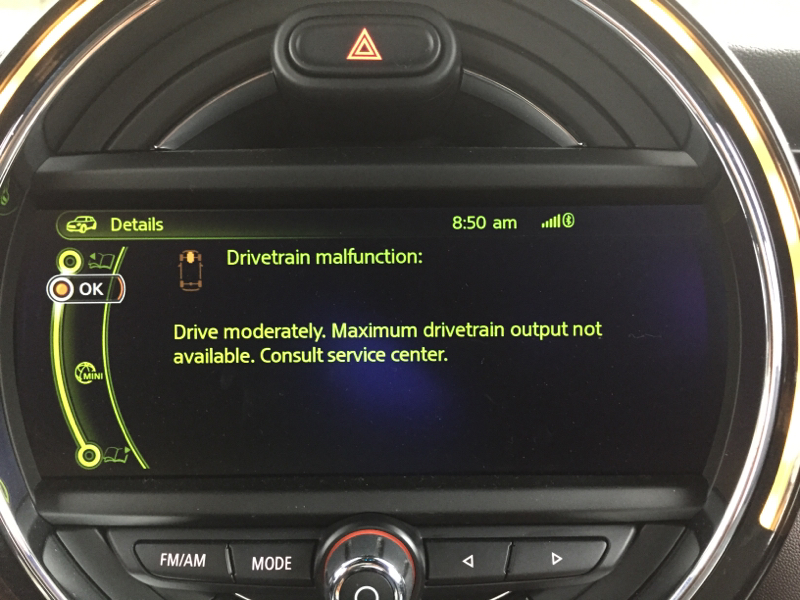Drivetrain malfunctions are among the most critical issues that can affect a vehicle’s performance, safety, and reliability. The drivetrain is the system that transfers power from the engine to the wheels, ensuring the vehicle moves efficiently. Comprising essential components such as the transmission, driveshaft, axles, and differential, any failure in this system can lead to severe operational problems. Understanding the common causes and symptoms of drivetrain malfunctions is crucial for vehicle owners to maintain their cars and avoid expensive repairs.

The transmission is one of the most common culprits behind drivetrain issues. It controls the engine’s power and enables the vehicle to shift gears smoothly. Over time, transmissions can wear out or fail due to various factors like low fluid levels, overheating, or internal component damage. A malfunctioning transmission can cause erratic shifting, slipping gears, or a noticeable delay in acceleration. These issues often lead to poor performance, as the vehicle struggles to move smoothly. In some cases, a transmission failure can render a car undriveable, necessitating a costly repair or replacement.
Another common drivetrain component that can malfunction is the driveshaft. The driveshaft transmits torque from the engine to the wheels, allowing the vehicle to move. It is subjected to constant stress and motion, which makes it susceptible to wear and tear over time. A malfunctioning driveshaft may produce noticeable vibrations, clunking noises, or an overall reduction in power delivery. In severe cases, a broken driveshaft can cause the vehicle to stop moving altogether. Regular inspections and maintenance can help detect early signs of wear before they escalate into major issues.
The differential is another critical part of the drivetrain, ensuring that the wheels on the vehicle rotate at different speeds, especially when turning. This component plays a significant role in maintaining proper traction and stability. However, when the differential begins to fail, it can lead to problems like unusual noises, uneven tire wear, or difficulty turning. A malfunctioning differential can affect the vehicle’s handling, making it unsafe to drive. In all-wheel-drive or four-wheel-drive vehicles, a faulty differential can severely impact the vehicle’s overall performance, particularly when navigating slippery or uneven surfaces.
Axles also play a crucial role in the drivetrain system, as they connect the wheels to the transmission and allow power to be transmitted to the wheels. Axle malfunctions are often caused by external damage, such as hitting potholes or curbs, or by general wear and tear over time. Symptoms of a failing axle include clicking or popping noises, particularly when turning. A damaged axle can compromise the vehicle’s stability and cause further damage to the drivetrain components if not addressed promptly.
Routine maintenance is essential in preventing drivetrain malfunctions. Regular fluid checks, particularly for the transmission and differential, as well as timely inspections of key components, can help identify potential issues early. Drivers should also be mindful of their driving habits, avoiding sudden accelerations, harsh braking, and excessive speeds, all of which can put unnecessary strain on the drivetrain.
In conclusion, drivetrain malfunctions are serious issues that can significantly affect the performance and safety of a vehicle. The transmission, driveshaft, differential, and axles are all integral to the vehicle’s operation, and when any of these components fail, it can lead to costly repairs and unsafe driving conditions. Regular maintenance and prompt attention to symptoms of malfunction are essential to keeping the drivetrain in good working condition and ensuring the vehicle remains reliable and safe on the road.